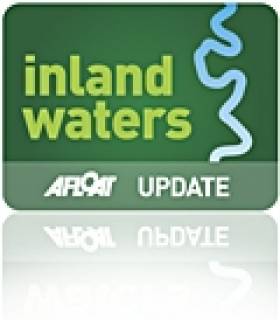Displaying items by tag: environment minister
River Barrow Has Potential for Tourism
#INLAND WATERWAYS - A new study on the River Barrow and its environs recommends the development of "activity hubs, tourist trails and new angling and boat facilities", The Irish Times reports.
Waterways Ireland and Fáilte Ireland commissioned the Barrow Corridor Recreational, Tourism and Commercial Identification Survey to find ways to exploit the area's "undeveloped potential" for tourism.
The survey covered the river itself as well as its estuary and the Barrow branch of the Grand Canal. Its findings pointed to a number of areas where development is already being actioned, such as in boating and cruising, nature and wildlife, and angling.
Environment Minister Phil Hogan, who launched the study in Carlow yesterday, hailed the co-operation of the agencies and county councils involved.
The Irish Times has more on the story HERE.
NI Minister Brings Forward Marine Litter Strategy
Stormont's environment minister has called for a marine litter strategy in Northern Ireland.
UTV News reports that Alex Attwood joined thousands of volunteers taking part in a morning cleanup on the shores of Belfast Lough for the Marine Conservation Society's Beachwatch Big Weekend.
The minister said he has demanded that his department implement a marine litter strategy to deal waste washing in from the sea.
"Our coast is a great asset and we must keep it in good order," he said. "Marine litter is widespread and the problem can only be tackled at the source.
"I am amazed at the variety of plastic debris and packaging that we have found."
Beachwatch Big Weekend took place across the UK as part of the Ocean Conservancy's International Coastal Cleanup.






























































